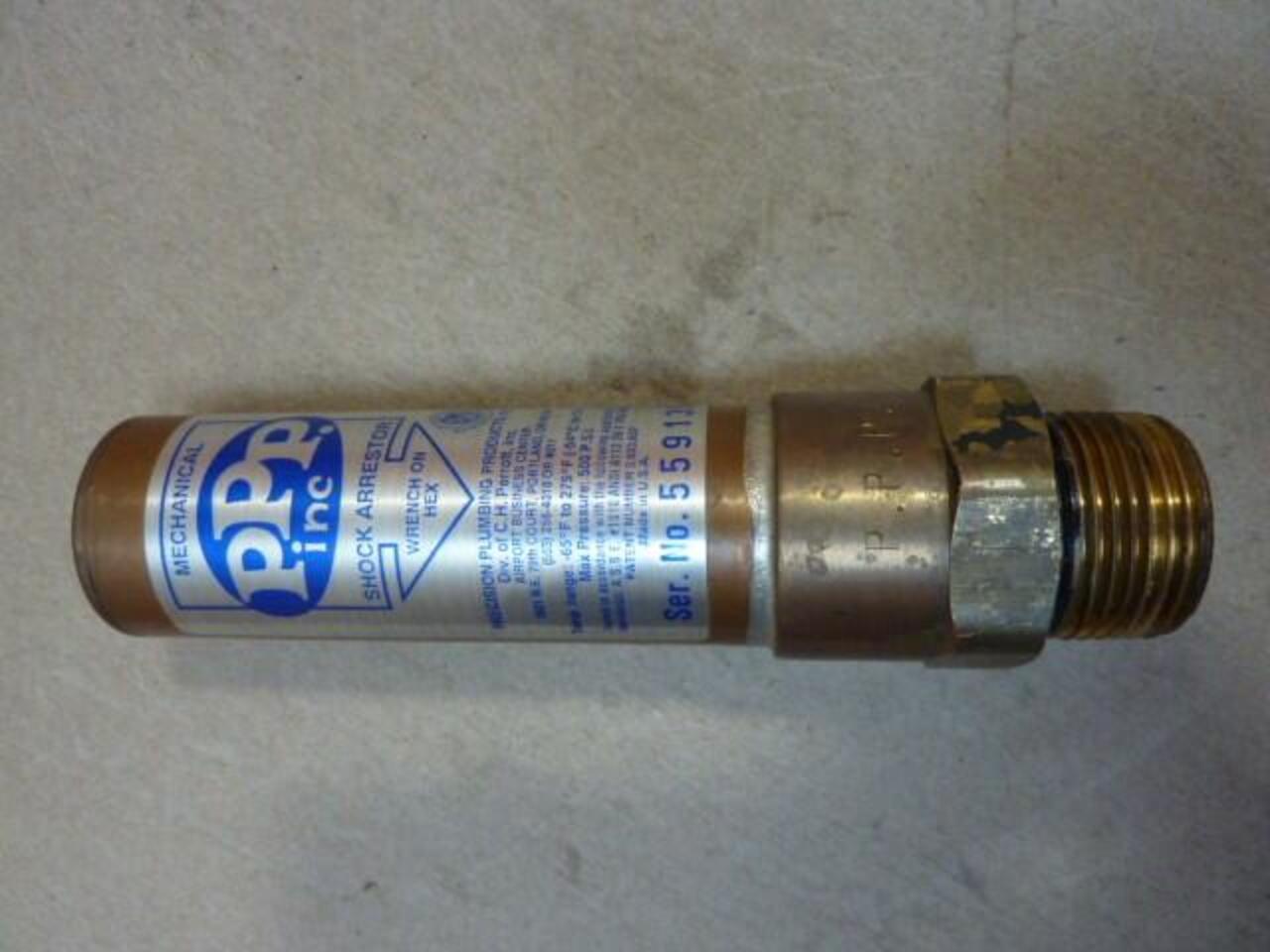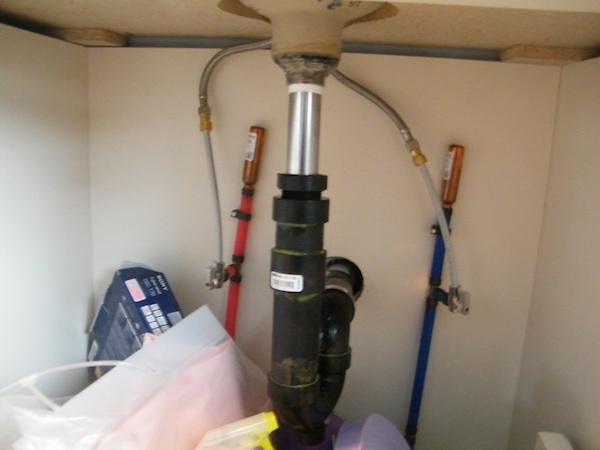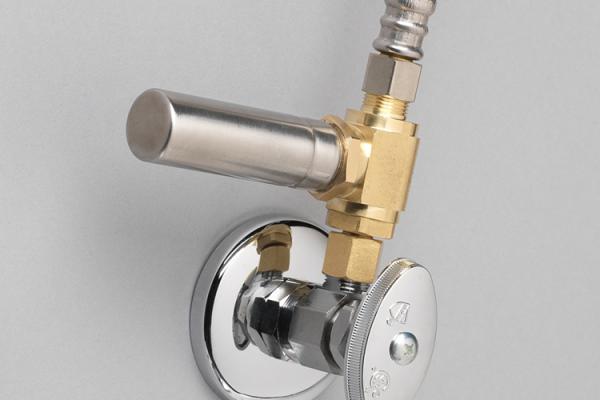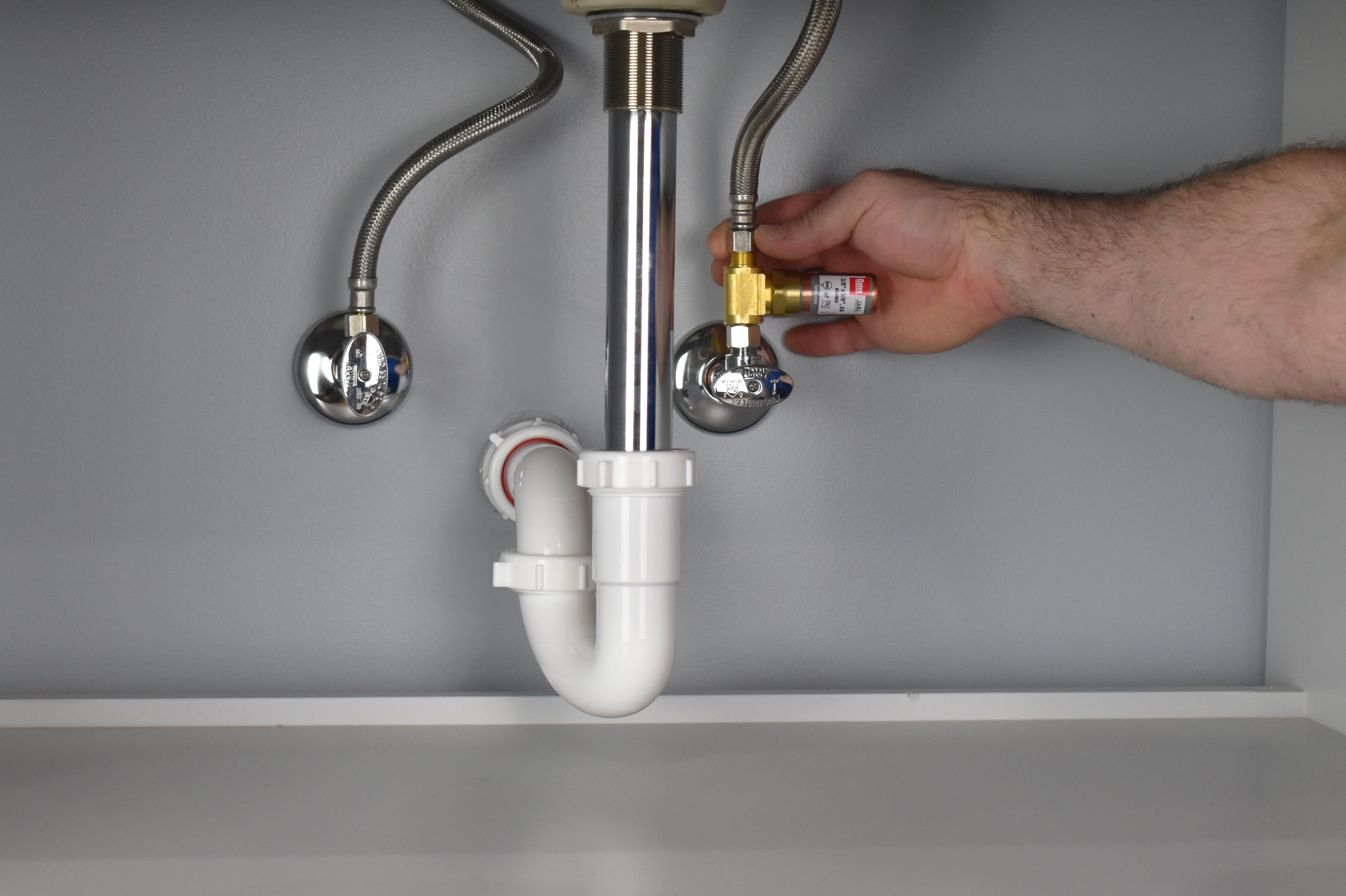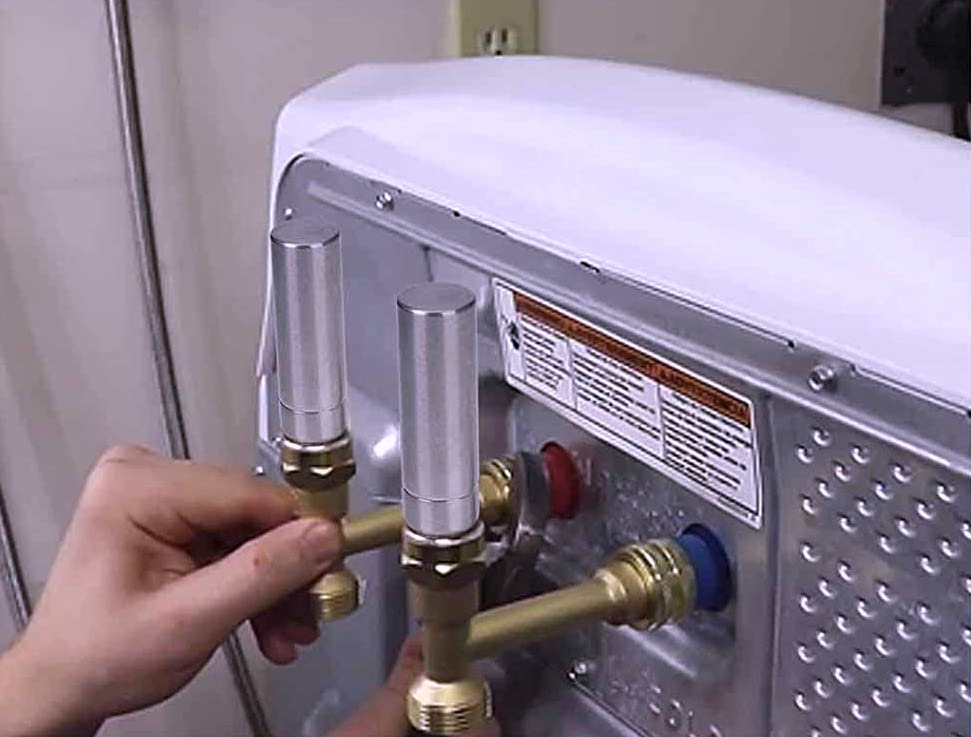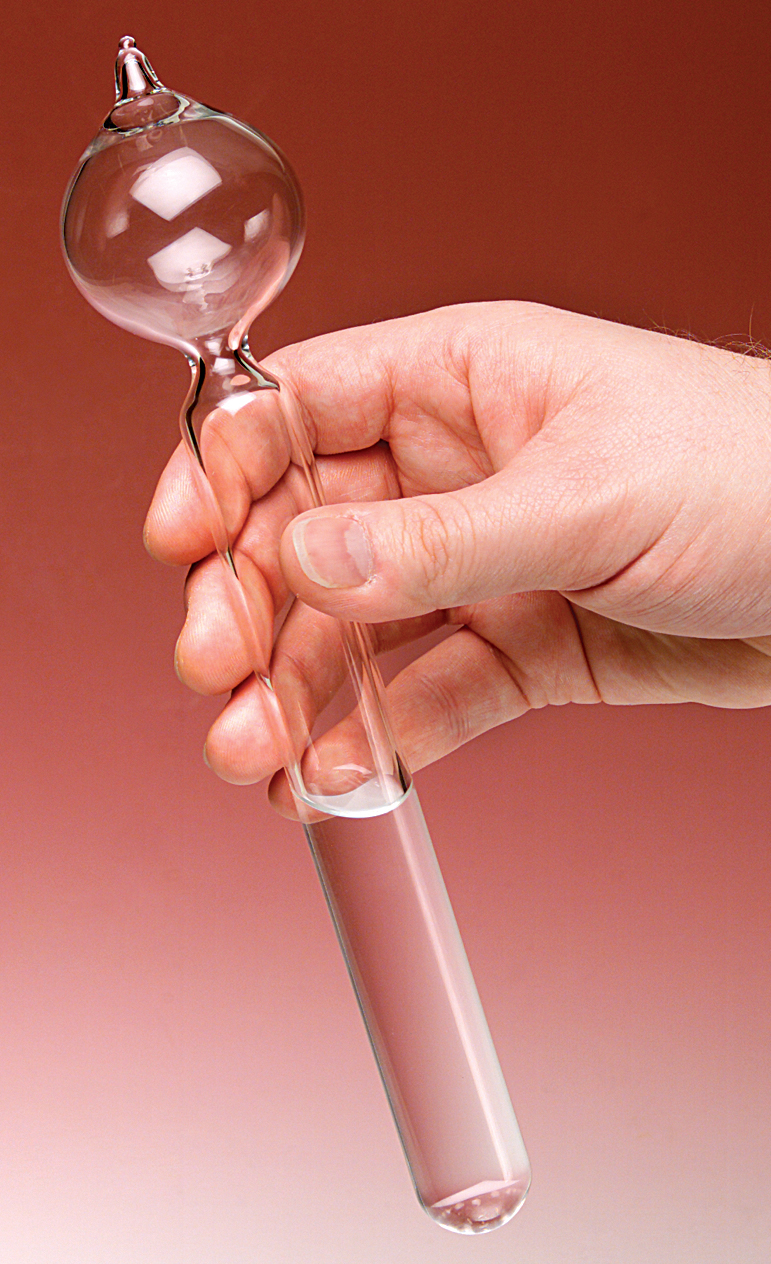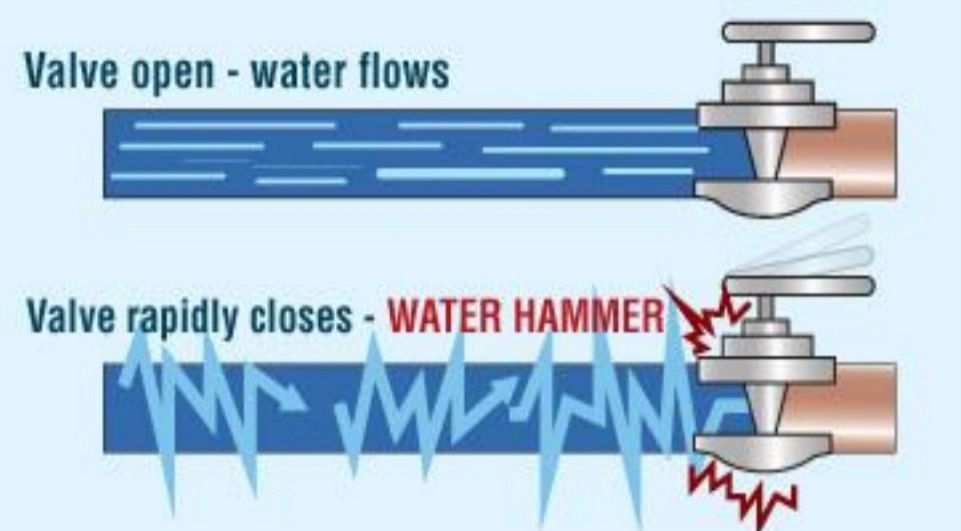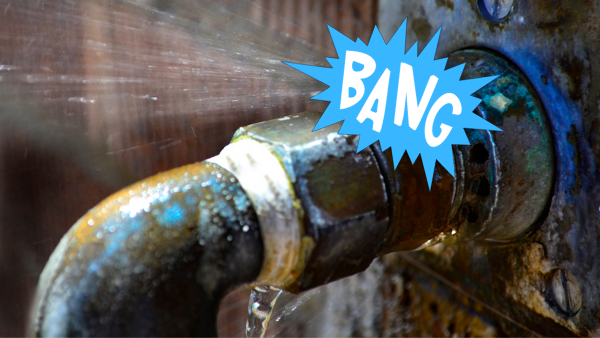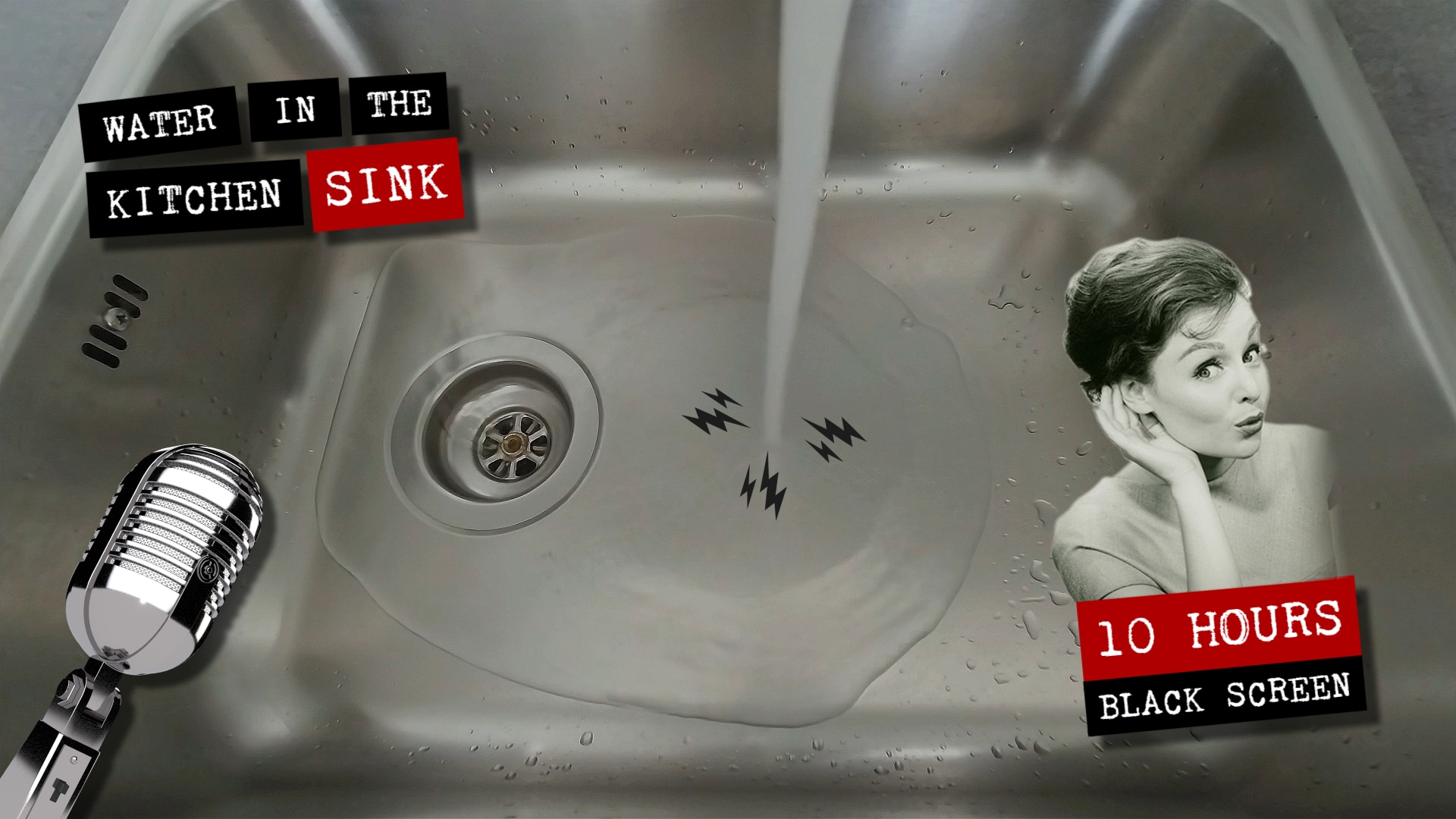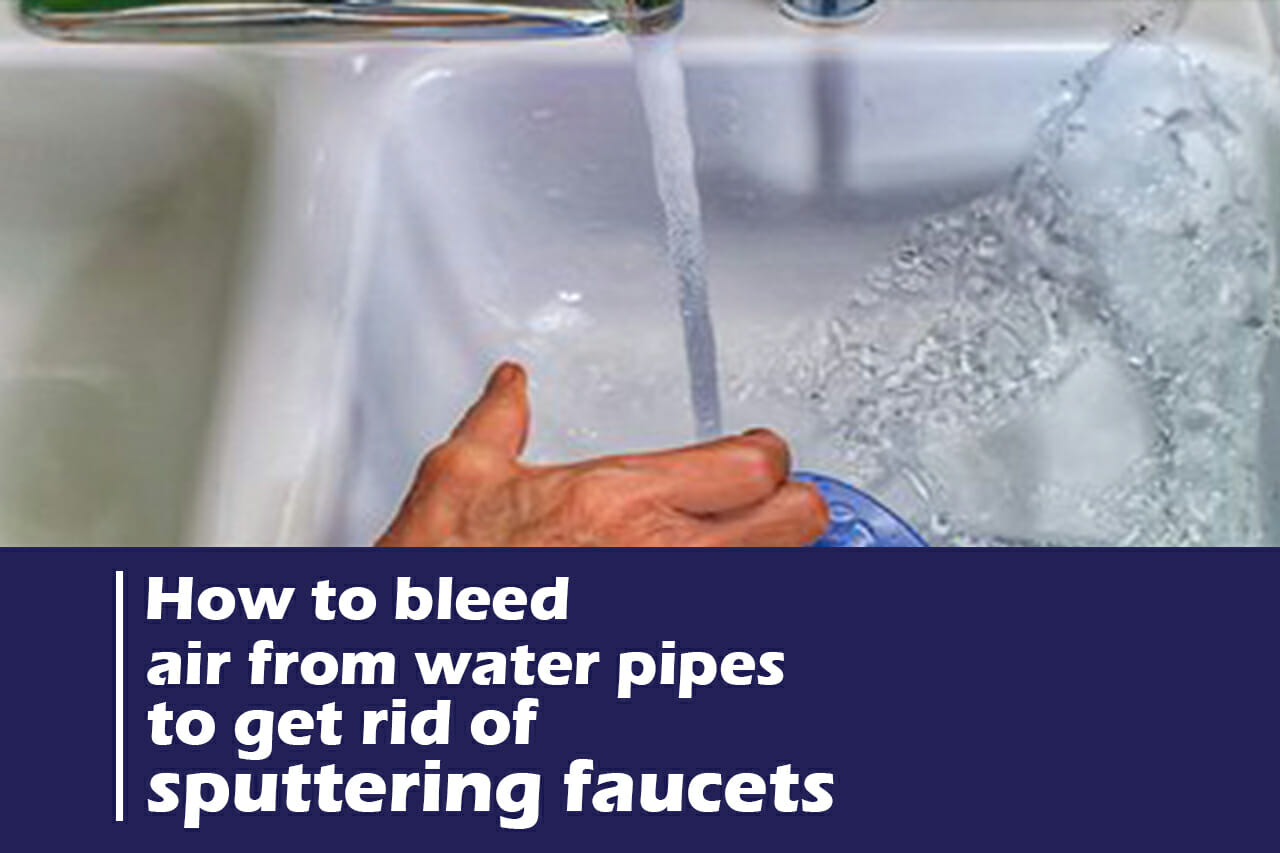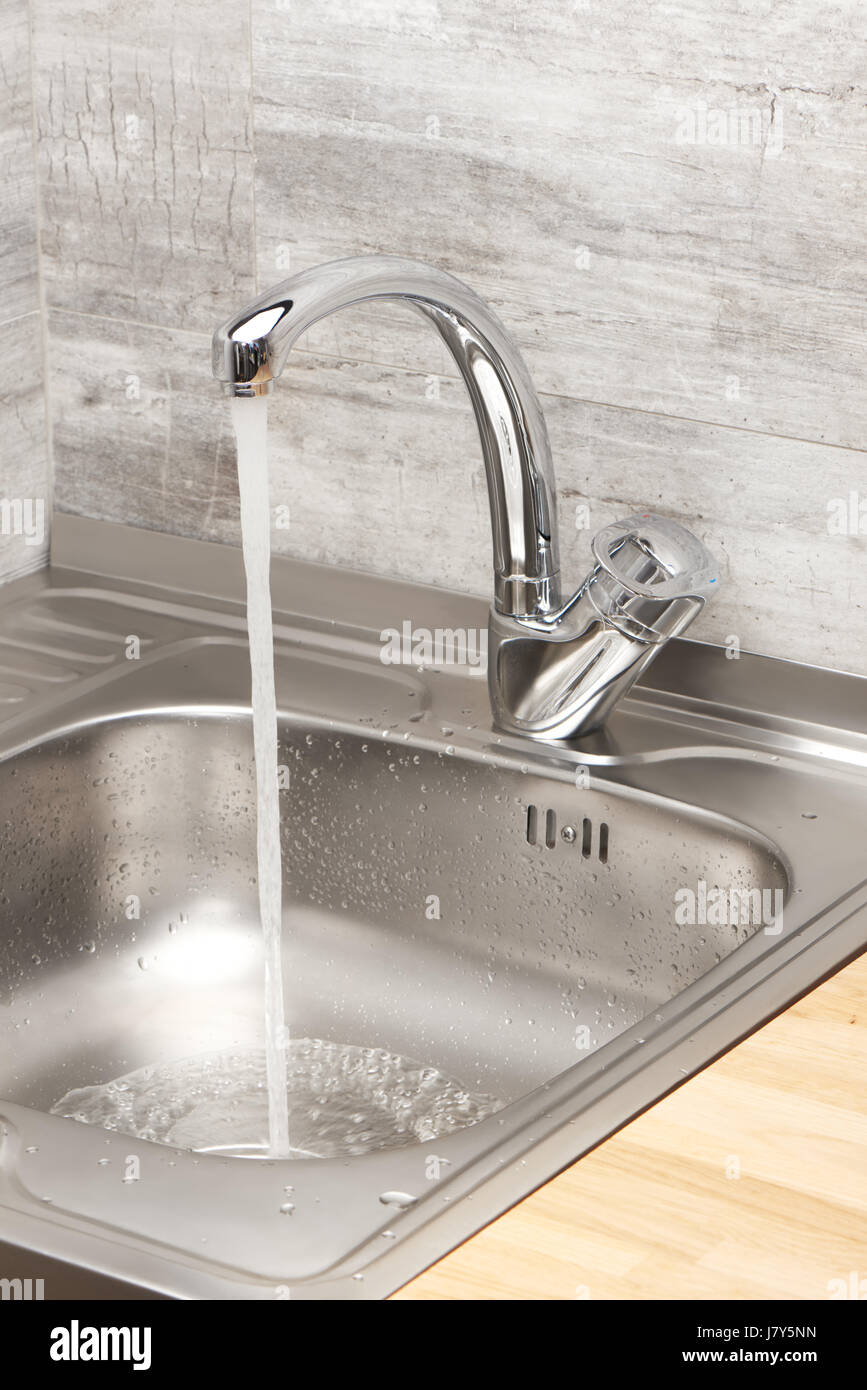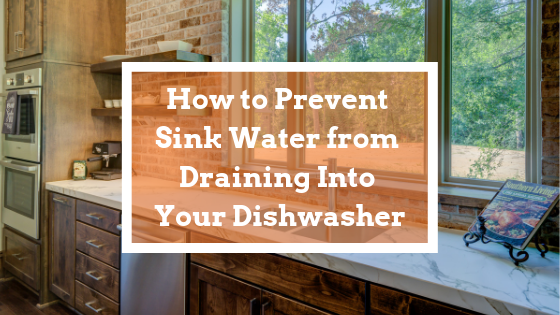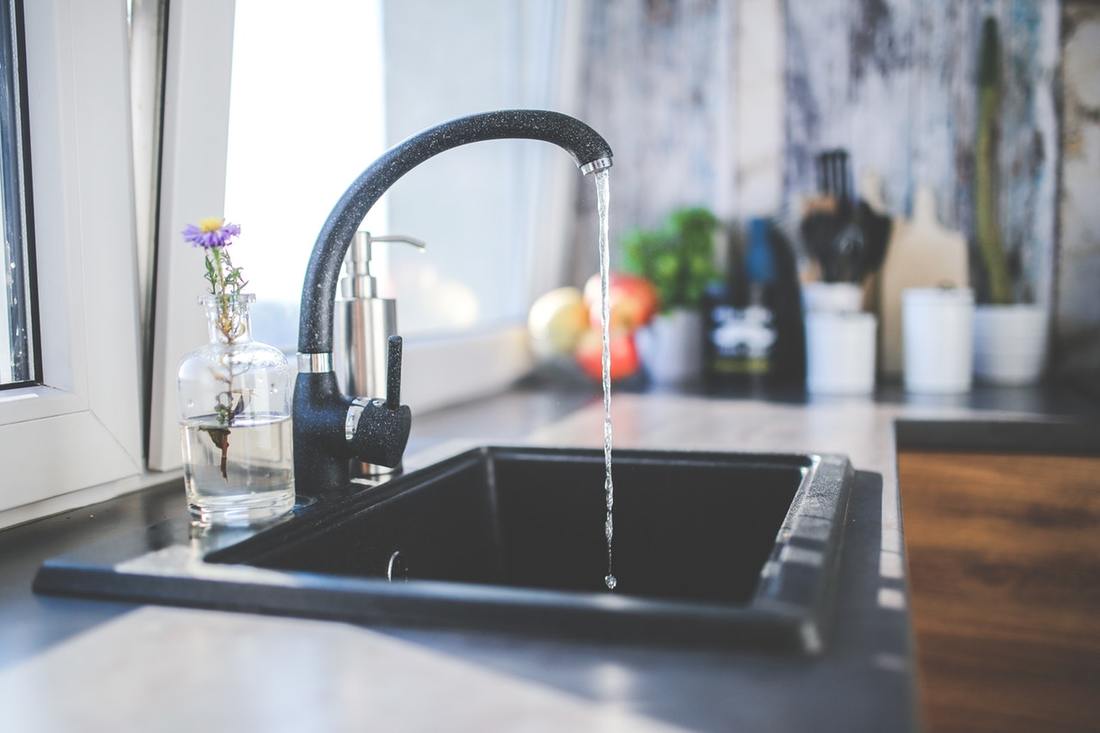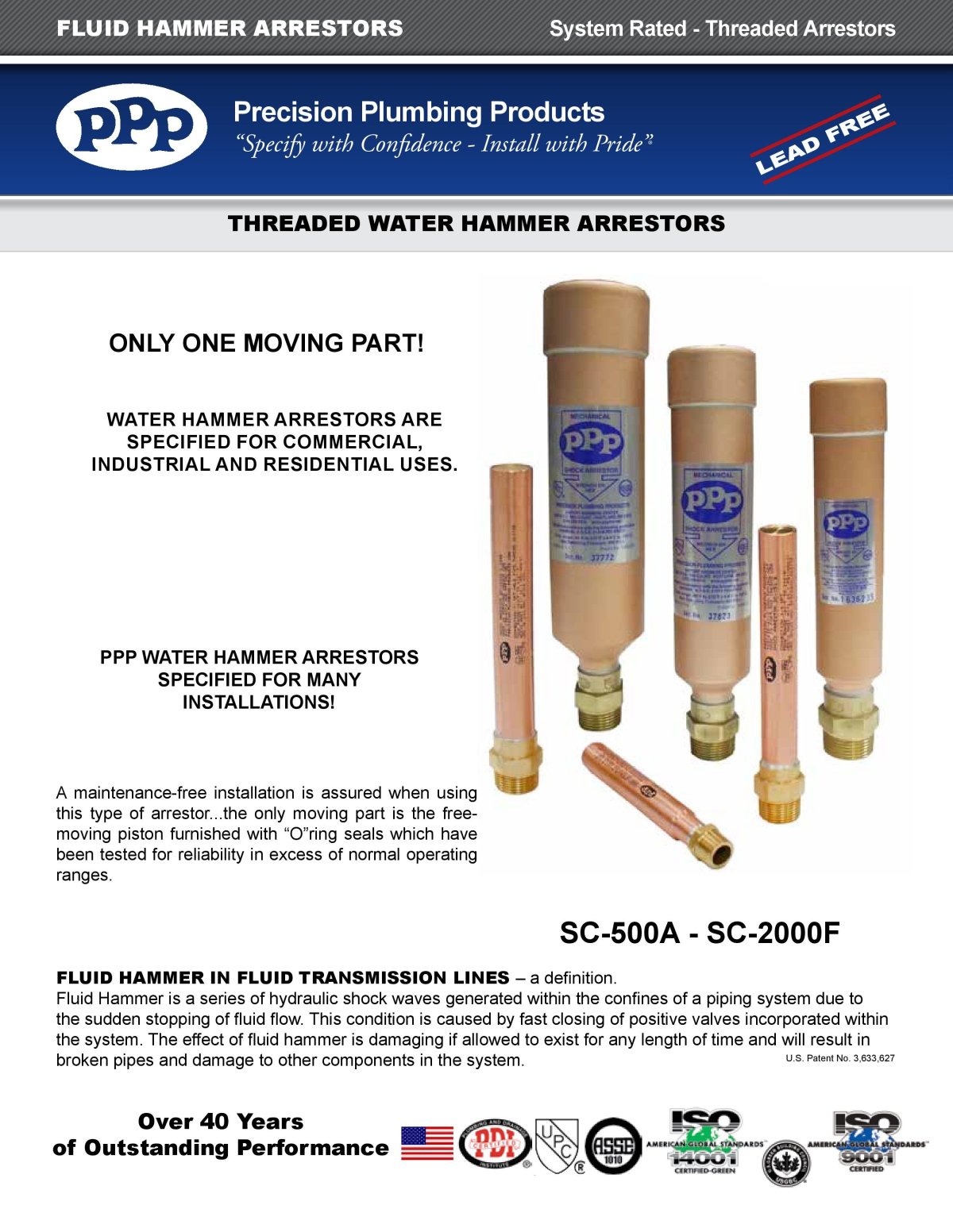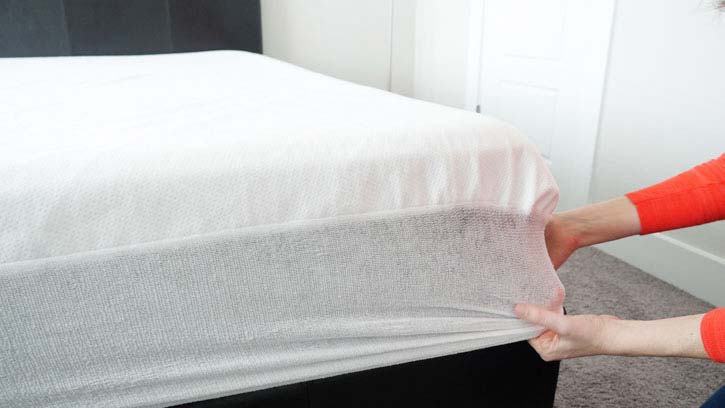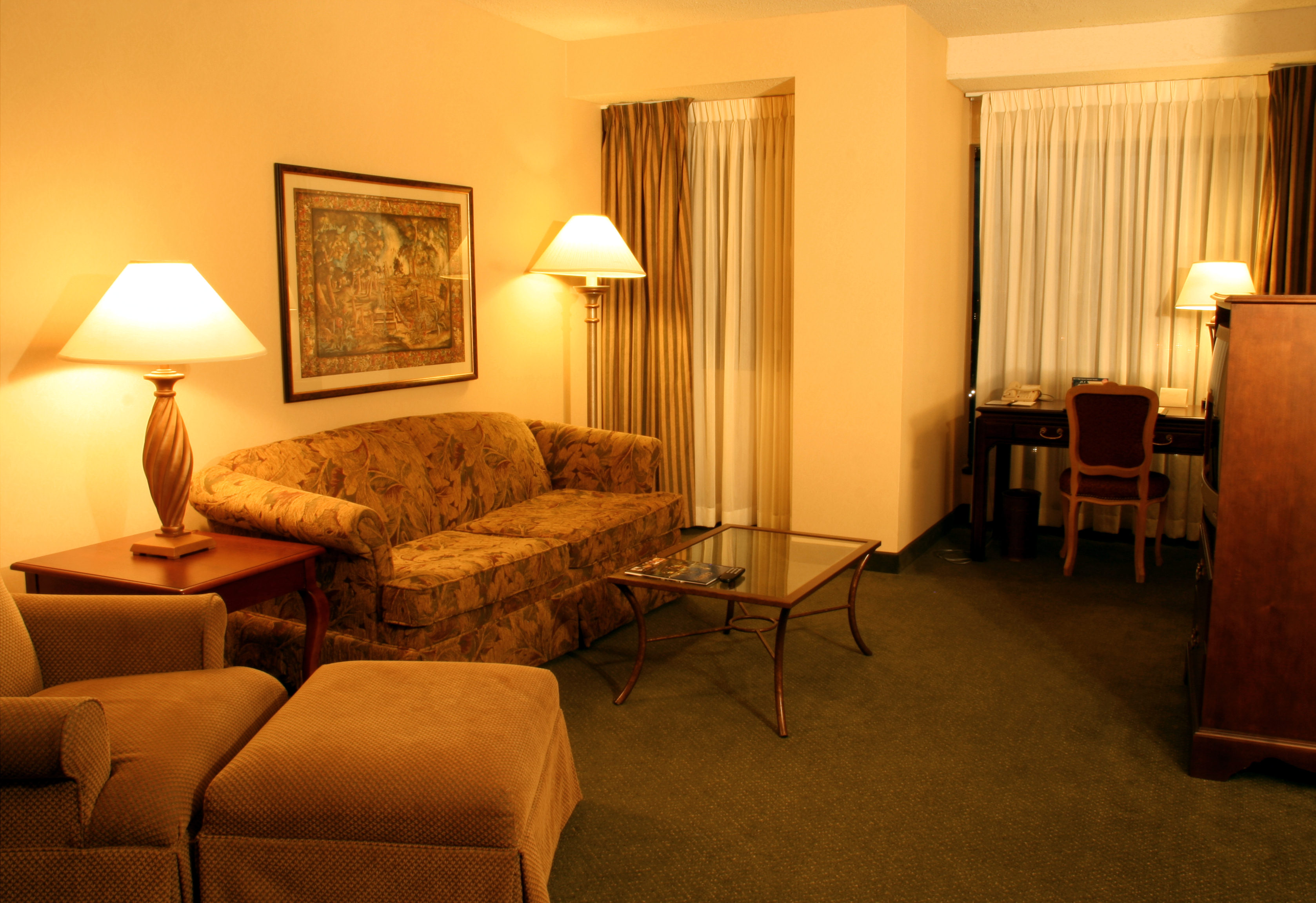Water hammer is a common plumbing issue that can occur in homes, especially in the kitchen. It is a loud banging or hammering noise that happens when you turn off the water at your kitchen sink. This noise can be alarming and can also cause damage to your plumbing system if left unresolved.What is Water Hammer?
If you are experiencing water hammer at your kitchen sink, there are a few steps you can take to fix it. First, turn off the water supply to your sink. Then, open all the faucets in your home to drain any remaining water from the pipes. Next, turn the water supply back on and slowly turn off each faucet, starting with the closest one to the main water supply. This will help to release any trapped air in the pipes. If the issue persists, you may need to install a water hammer arrestor.How to Fix Water Hammer at Kitchen Sink
There are a few common causes of water hammer at the kitchen sink. One of the main reasons is when the pipes are not properly secured. This can cause them to vibrate and create the loud banging noise. Another cause could be a high water pressure in your home, which can put too much force on the pipes. Additionally, if there is a buildup of sediment or debris in the pipes, it can create blockages and cause water hammer.Causes of Water Hammer at Kitchen Sink
To prevent water hammer at your kitchen sink, there are a few simple steps you can take. First, make sure all of your pipes are properly secured and not loose. You can also install water hammer arrestors, which are devices that absorb the shock of the water and prevent the loud banging noise. It is also important to regularly maintain your plumbing system and flush out any buildup of sediment or debris.How to Prevent Water Hammer at Kitchen Sink
A water hammer arrestor is a small device that is installed in your plumbing system to absorb the shock of the water and prevent water hammer. It is typically a small cylinder-shaped object that is attached to the pipes near your kitchen sink. There are different types of water hammer arrestors available, so it is important to choose the right one for your specific plumbing system.Water Hammer Arrestor for Kitchen Sink
Installing a water hammer arrestor at your kitchen sink is a relatively simple process. First, turn off the water supply to your sink. Then, locate the closest faucet to the main water supply and open it to drain any remaining water from the pipes. Next, attach the water hammer arrestor to the pipes near your sink. Finally, turn the water supply back on and test to see if the water hammer has been resolved.How to Install a Water Hammer Arrestor at Kitchen Sink
The water hammer noise at your kitchen sink can be quite loud and disruptive. It can also be a sign of a larger plumbing issue that should be addressed. Ignoring the noise can lead to damage to your pipes and potentially more costly repairs in the future. It is important to address any water hammer noise as soon as you notice it.Water Hammer Noise at Kitchen Sink
If you are experiencing water hammer at your kitchen sink, it could be due to air trapped in your pipes. To fix this issue, you will need to bleed the air out of your pipes. This can be done by turning off the water supply to your sink and opening all the faucets in your home to release the air. Once the air is released, turn the water supply back on and slowly close each faucet, starting with the closest one to the main water supply.How to Bleed Air from Pipes to Fix Water Hammer at Kitchen Sink
If your kitchen sink experiences water hammer when your dishwasher is running, it could be due to a faulty dishwasher valve. The valve is responsible for controlling the flow of water into the dishwasher and if it is not functioning properly, it can cause water hammer. You may need to replace the valve to resolve the issue.Water Hammer at Kitchen Sink when Dishwasher is Running
High water pressure is a common cause of water hammer at the kitchen sink. To prevent this issue, you can adjust the water pressure in your home. You can do this by installing a pressure-reducing valve or a water pressure regulator. These devices can help to regulate the water pressure and prevent any excessive force on your pipes.How to Adjust Water Pressure to Prevent Water Hammer at Kitchen Sink
Addressing Water Hammer at Your Kitchen Sink
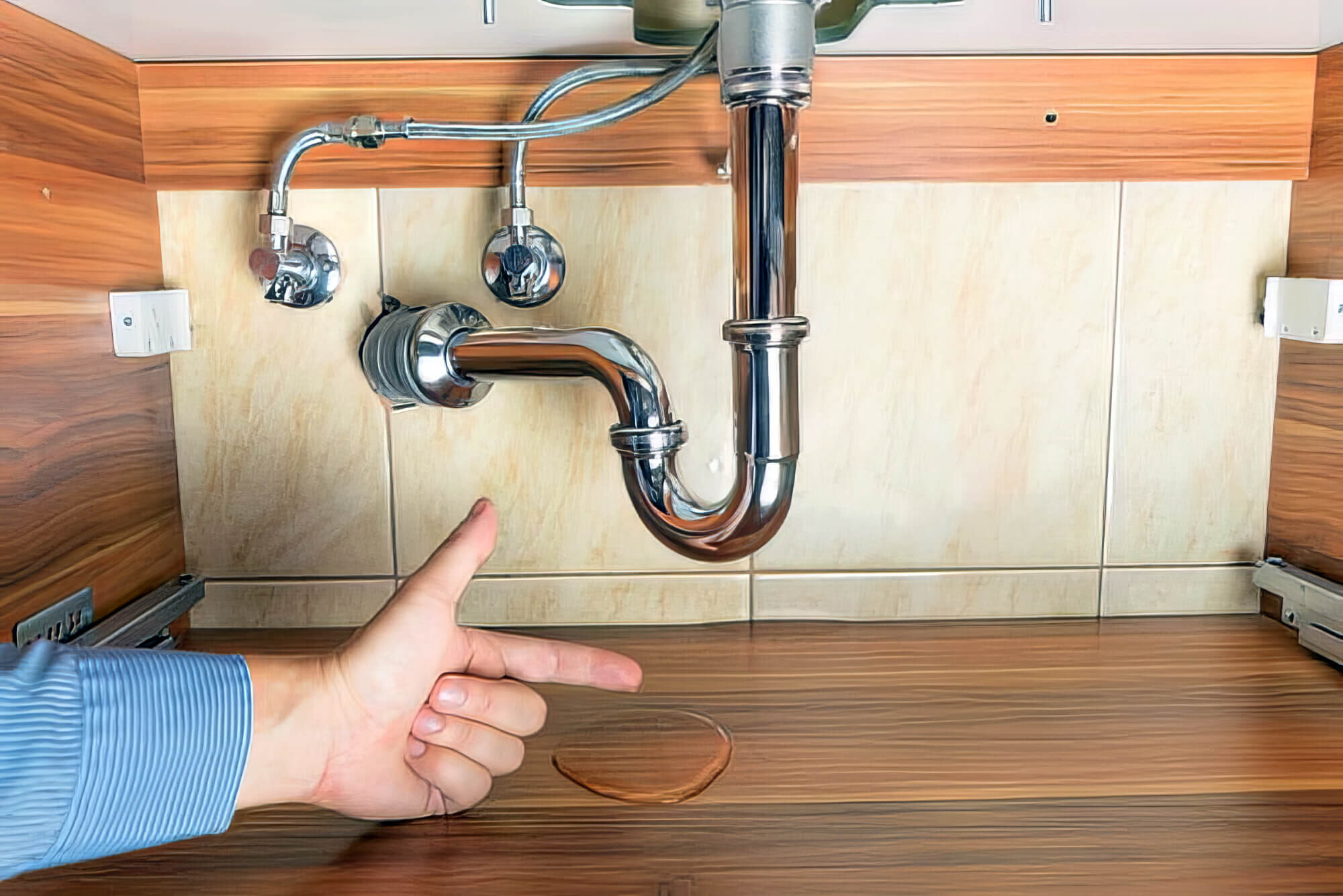
The Importance of Proper Plumbing Design
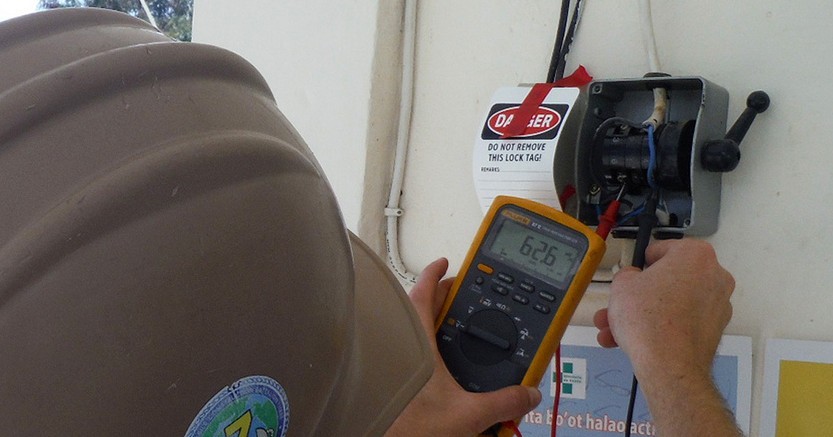 If you've ever turned off your kitchen sink faucet and heard a loud banging noise, you may have experienced water hammer. This common plumbing issue can be both annoying and potentially damaging to your pipes. But what exactly causes water hammer and how can you prevent it from happening in your kitchen sink?
Water hammer
occurs when water flowing through a pipe is suddenly stopped, causing a pressure surge that produces a loud knocking or banging sound. This can happen when you turn off a faucet or appliance quickly, and the sudden stop of water flow creates a shockwave that reverberates through your pipes. While this may seem like a minor annoyance, over time, water hammer can cause damage to your pipes, leading to leaks and other plumbing problems.
The key to preventing water hammer in your kitchen sink is to have a
proper plumbing design
. This means ensuring that your pipes are properly sized and installed, with adequate air chambers to absorb the shockwaves and prevent them from traveling through your plumbing system. If you have an older home, your pipes may not have air chambers, making them more susceptible to water hammer. In this case, it may be necessary to install additional air chambers or consider upgrading your plumbing system.
In addition to proper plumbing design, there are also
simple steps
you can take to reduce the occurrence of water hammer in your kitchen sink. One way is to avoid turning off your faucet or appliances too quickly. Instead, try turning them off gradually to allow the water pressure to equalize. You can also install
water hammer arrestors
, which are devices that absorb the shockwaves and prevent them from traveling through your pipes. These can be installed at your kitchen sink or at the main water line in your home.
In conclusion, water hammer is a common plumbing issue that can be easily addressed with proper design and maintenance. By ensuring your pipes are properly sized and installed, and taking simple precautions to reduce water pressure, you can prevent water hammer and protect your plumbing system. If you continue to experience water hammer at your kitchen sink, it may be time to consult a professional plumber who can assess your system and make any necessary repairs or upgrades. Don't let water hammer disrupt your daily life – take action to address it now and enjoy a peaceful and properly functioning kitchen sink.
If you've ever turned off your kitchen sink faucet and heard a loud banging noise, you may have experienced water hammer. This common plumbing issue can be both annoying and potentially damaging to your pipes. But what exactly causes water hammer and how can you prevent it from happening in your kitchen sink?
Water hammer
occurs when water flowing through a pipe is suddenly stopped, causing a pressure surge that produces a loud knocking or banging sound. This can happen when you turn off a faucet or appliance quickly, and the sudden stop of water flow creates a shockwave that reverberates through your pipes. While this may seem like a minor annoyance, over time, water hammer can cause damage to your pipes, leading to leaks and other plumbing problems.
The key to preventing water hammer in your kitchen sink is to have a
proper plumbing design
. This means ensuring that your pipes are properly sized and installed, with adequate air chambers to absorb the shockwaves and prevent them from traveling through your plumbing system. If you have an older home, your pipes may not have air chambers, making them more susceptible to water hammer. In this case, it may be necessary to install additional air chambers or consider upgrading your plumbing system.
In addition to proper plumbing design, there are also
simple steps
you can take to reduce the occurrence of water hammer in your kitchen sink. One way is to avoid turning off your faucet or appliances too quickly. Instead, try turning them off gradually to allow the water pressure to equalize. You can also install
water hammer arrestors
, which are devices that absorb the shockwaves and prevent them from traveling through your pipes. These can be installed at your kitchen sink or at the main water line in your home.
In conclusion, water hammer is a common plumbing issue that can be easily addressed with proper design and maintenance. By ensuring your pipes are properly sized and installed, and taking simple precautions to reduce water pressure, you can prevent water hammer and protect your plumbing system. If you continue to experience water hammer at your kitchen sink, it may be time to consult a professional plumber who can assess your system and make any necessary repairs or upgrades. Don't let water hammer disrupt your daily life – take action to address it now and enjoy a peaceful and properly functioning kitchen sink.




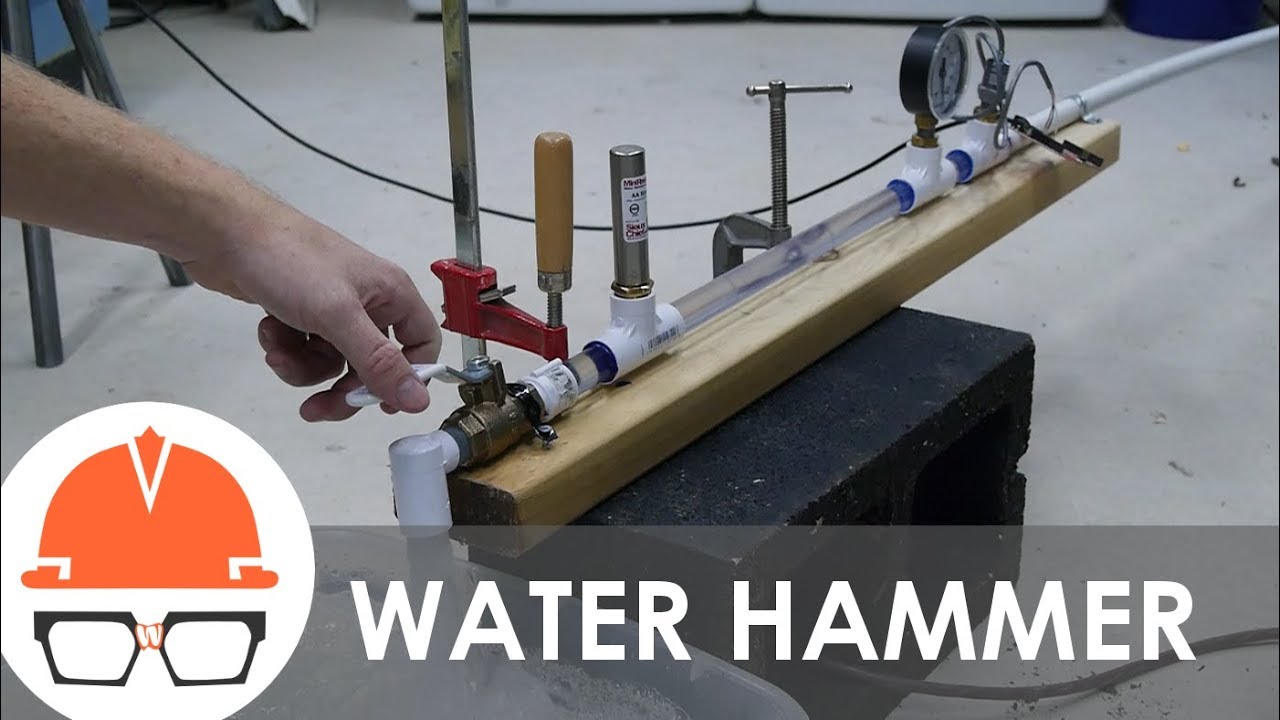
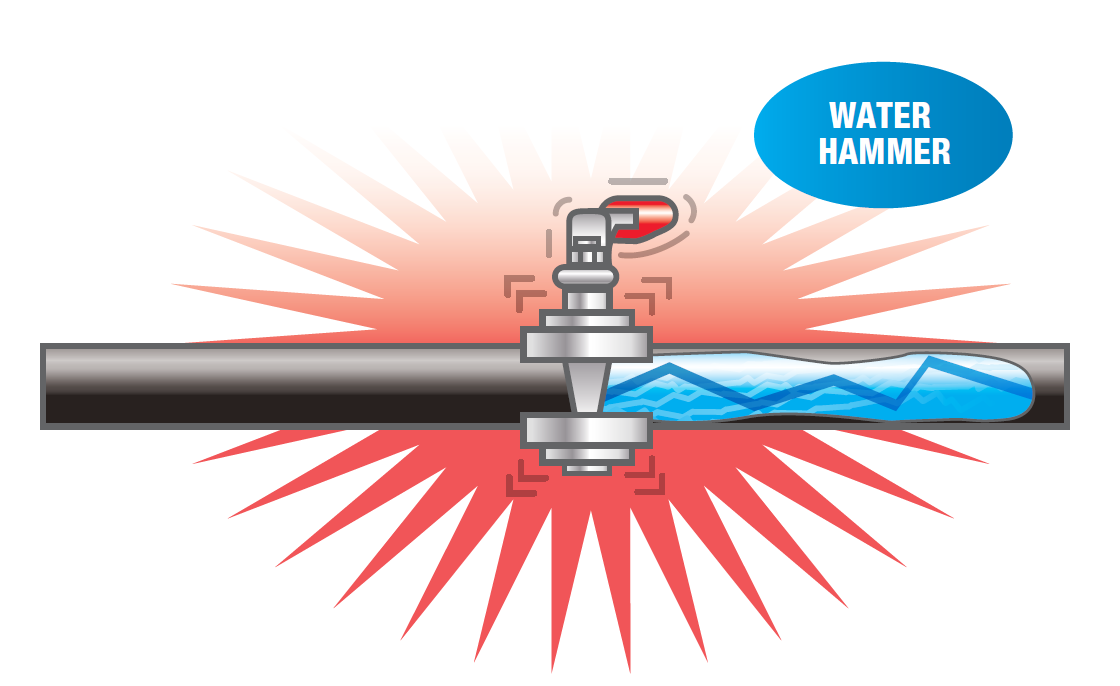
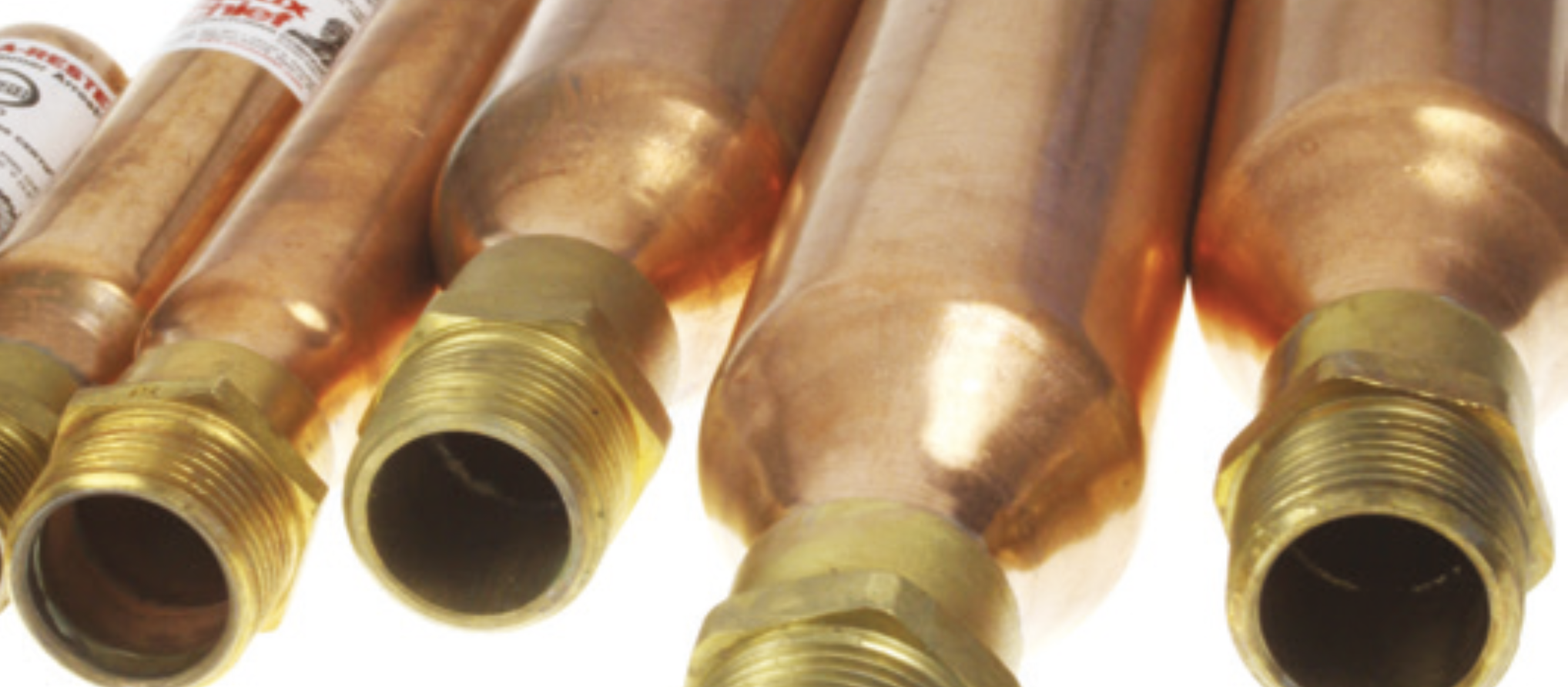
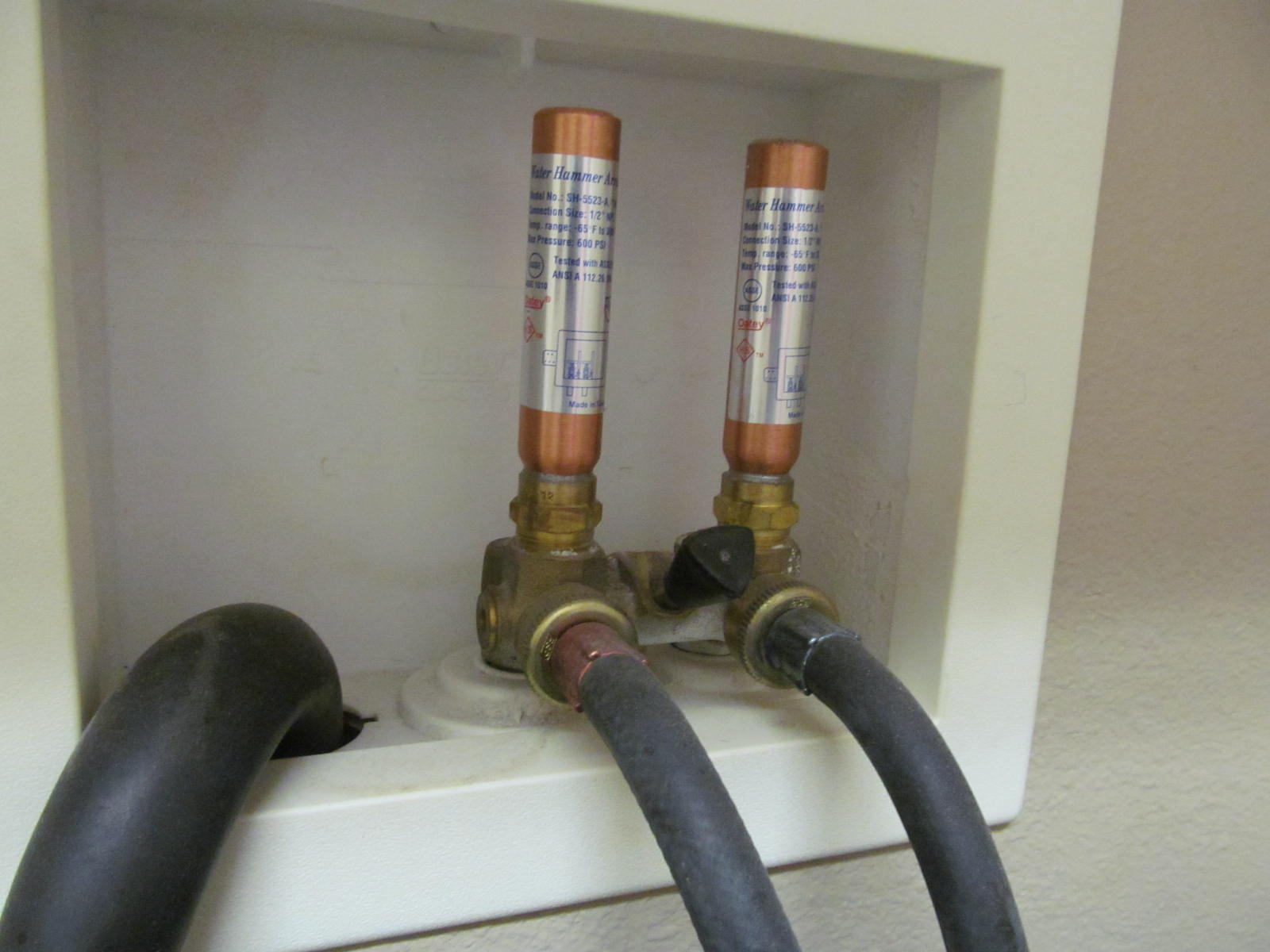


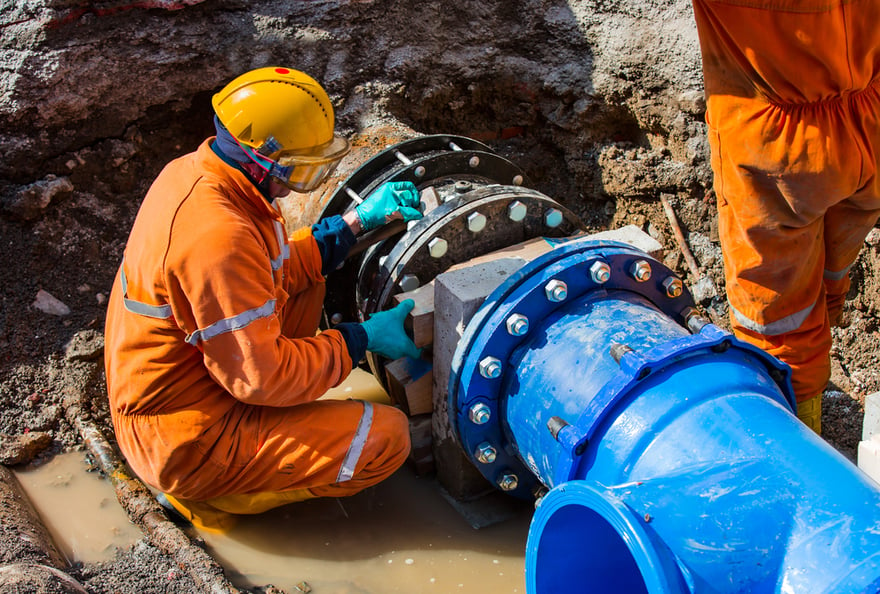
/broken-leaking-copper-water-pipe-157436620-58baeb103df78c353c73fd87.jpg)
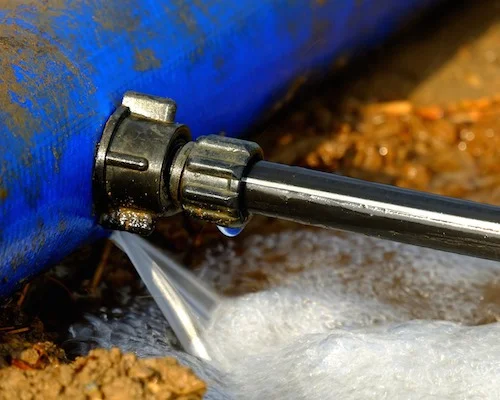



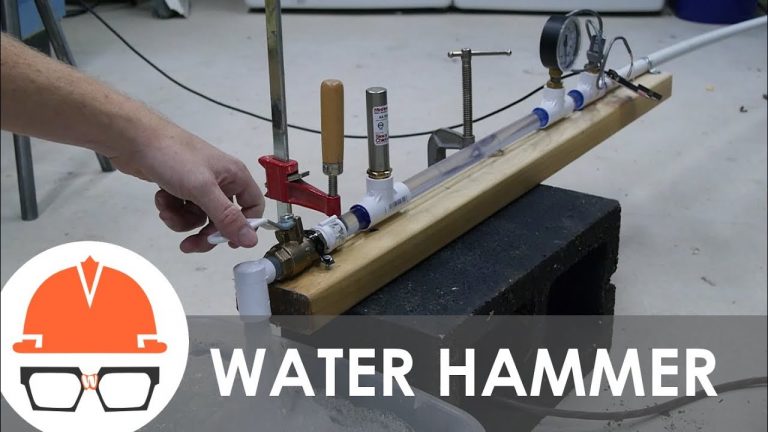
:max_bytes(150000):strip_icc()/solve-water-hammer-issues-844851-03-d263815c17384705bd3a5bb395bec9d7.jpg)




:max_bytes(150000):strip_icc()/solve-water-hammer-issues-844851-hero-71c49faeb8d64cf0af134888d0c886e2.jpg)






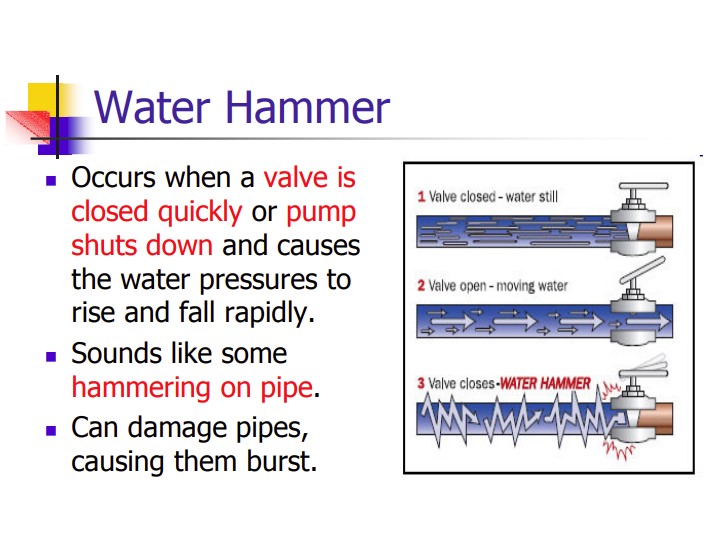
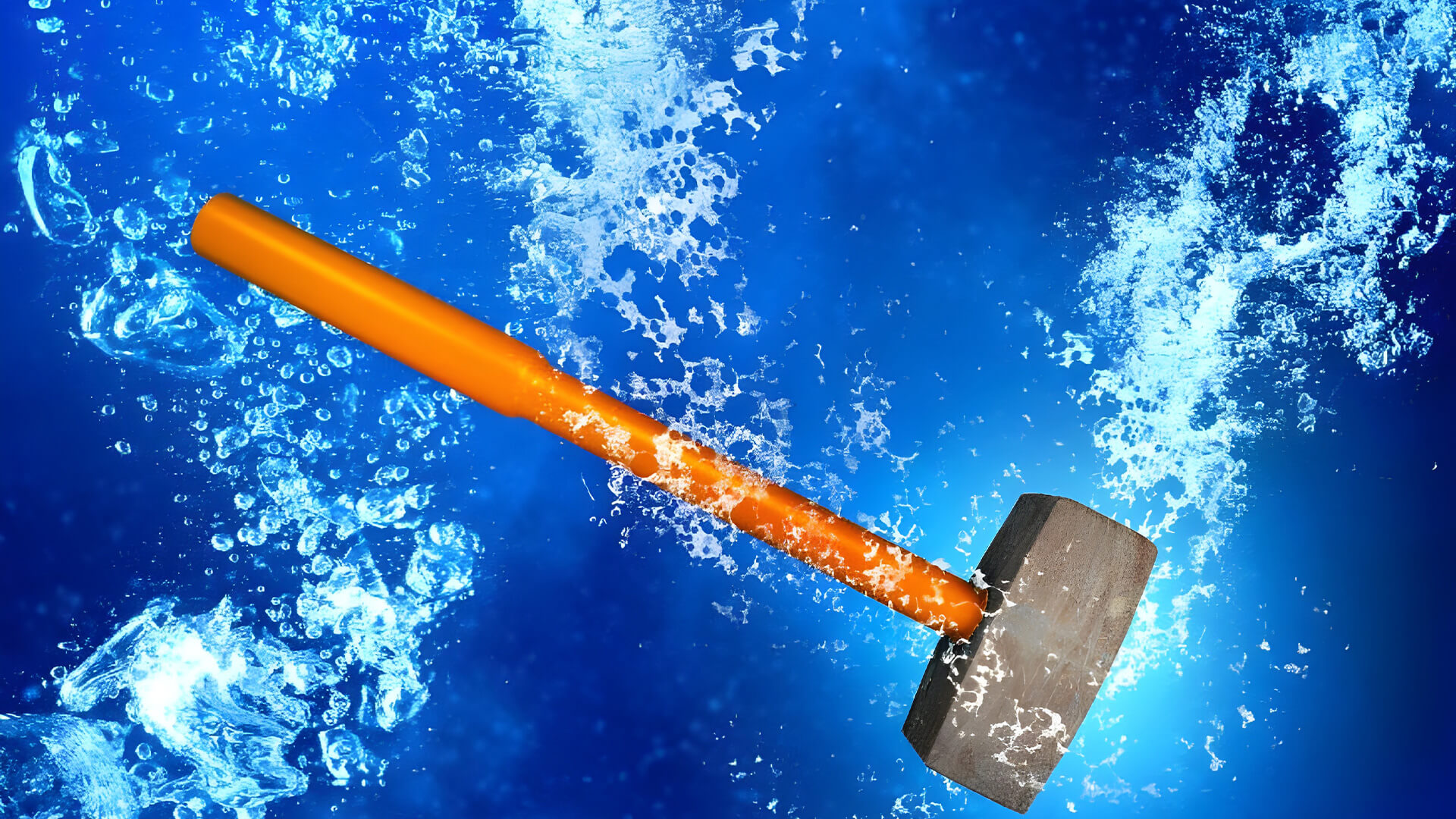

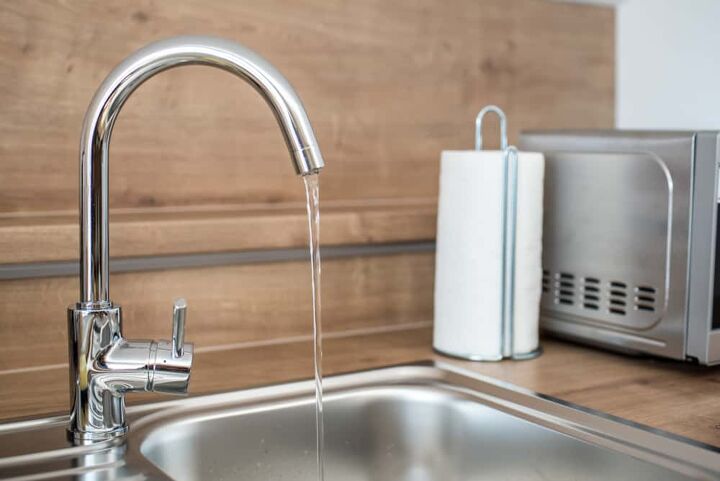
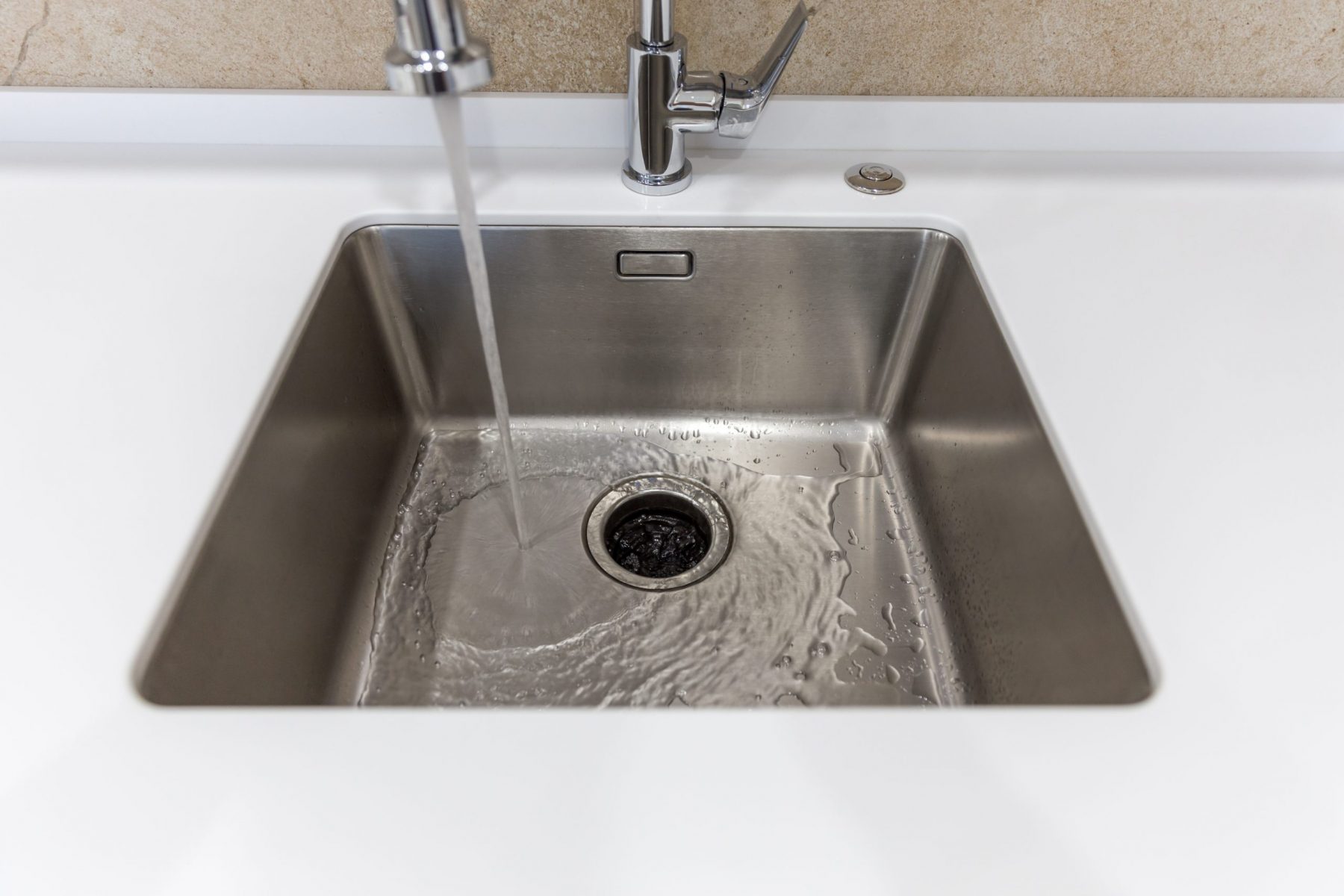
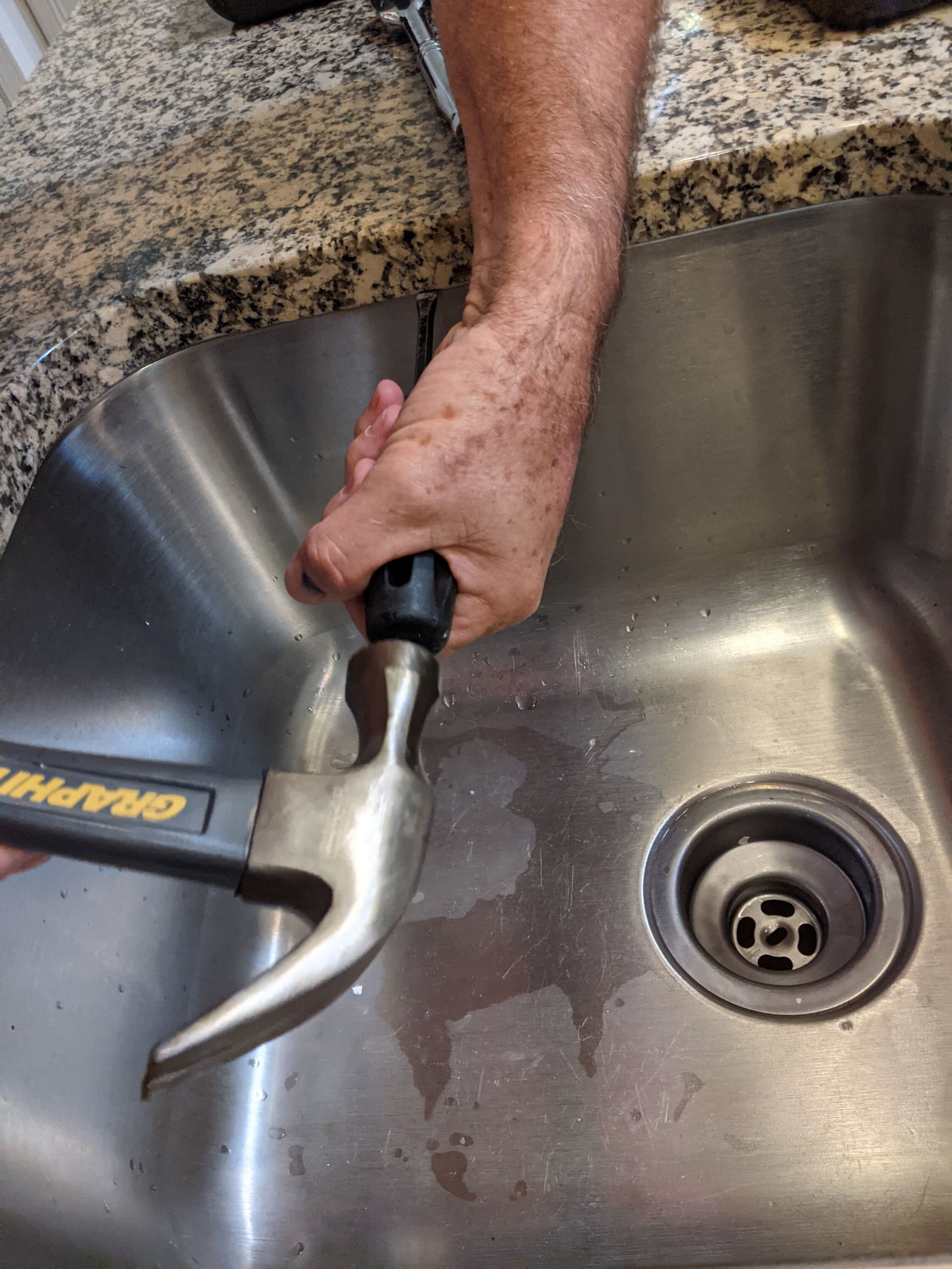

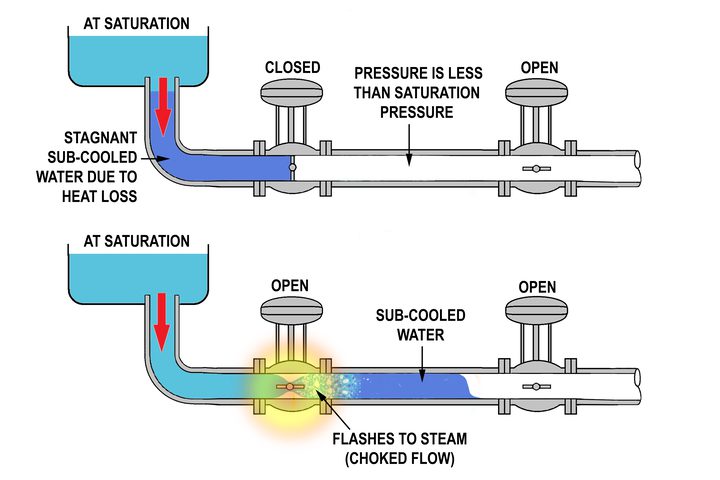
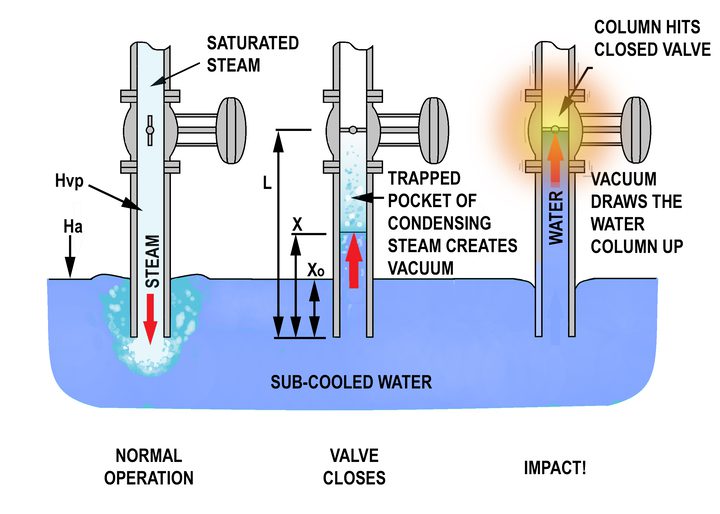
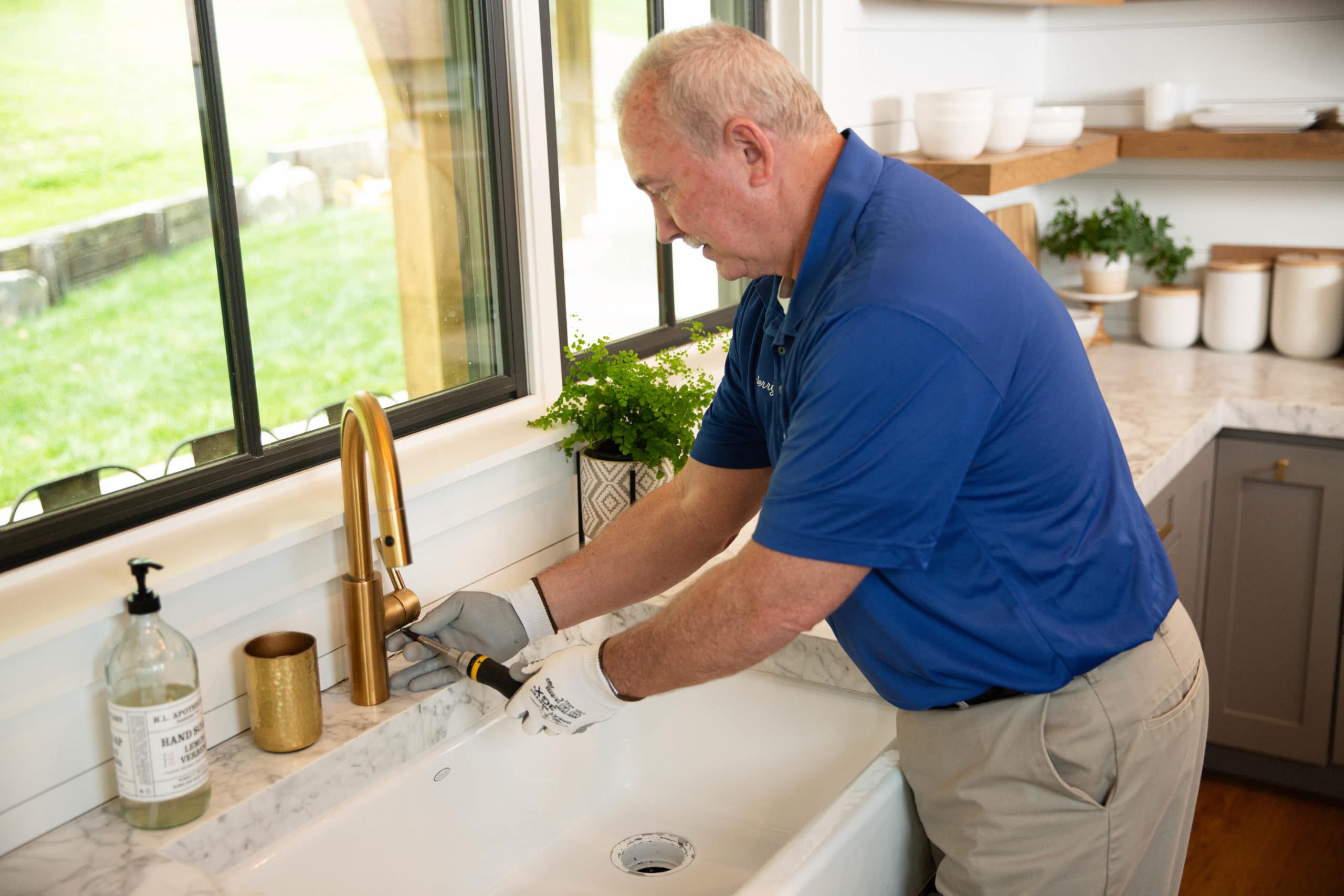




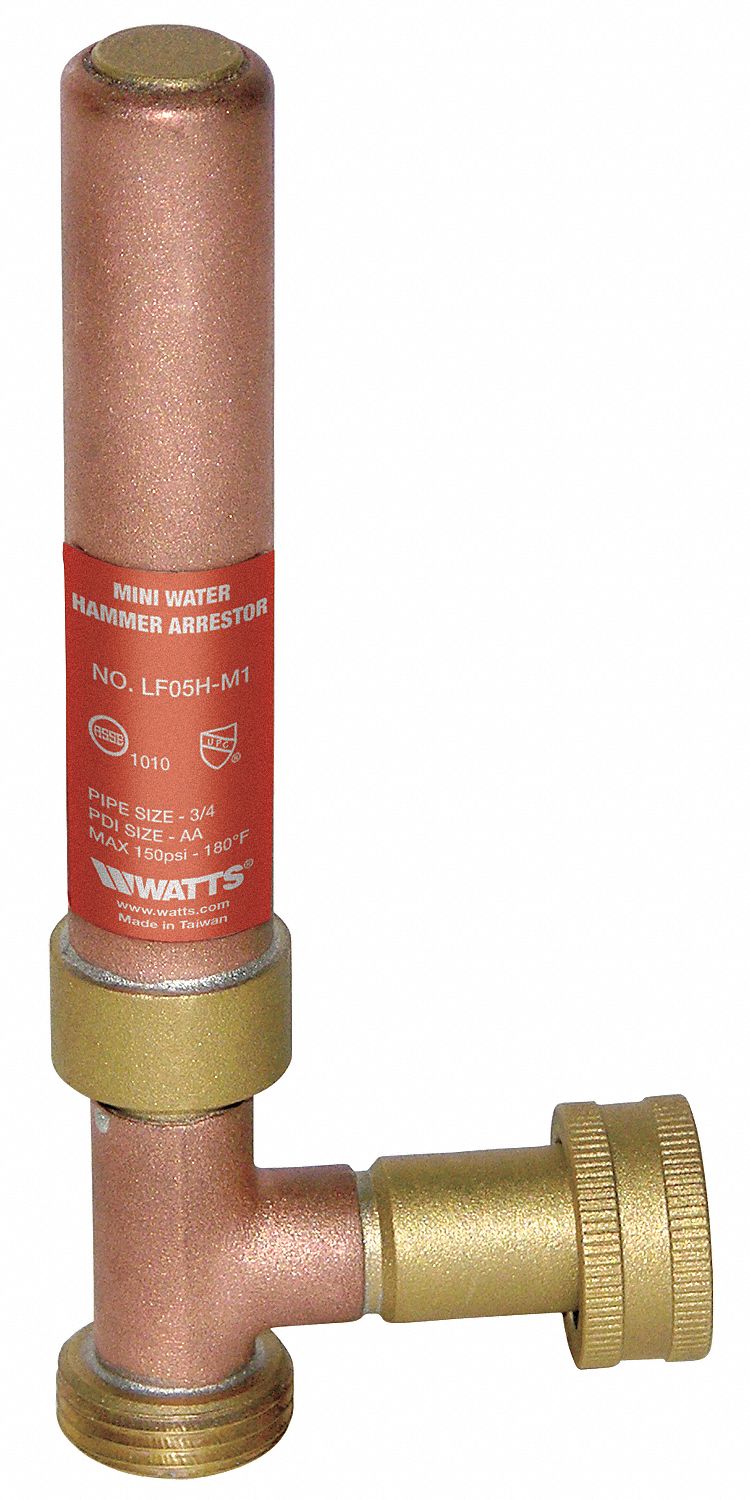
:max_bytes(150000):strip_icc()/solve-water-hammer-issues-844851-hero-71c49faeb8d64cf0af134888d0c886e2.jpg)


